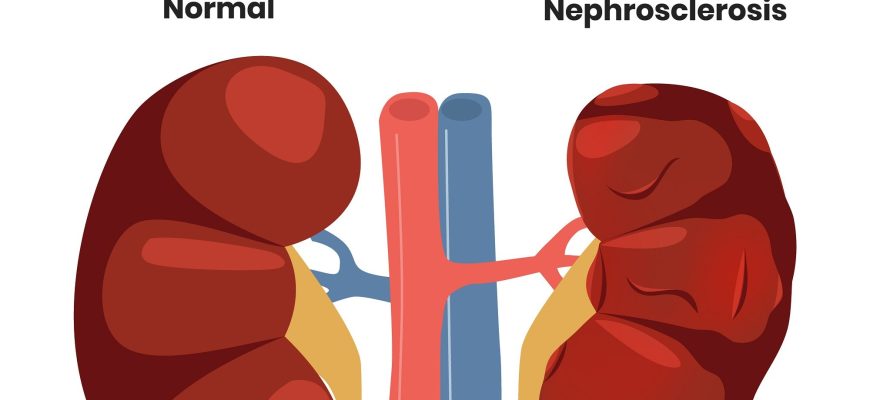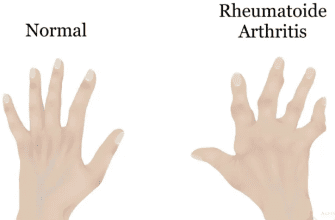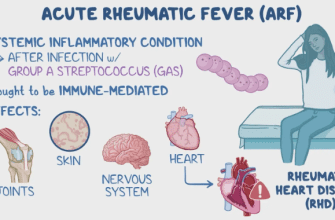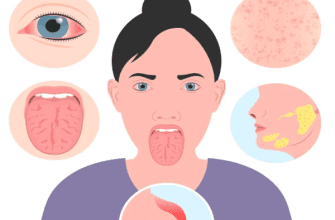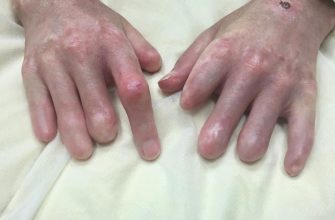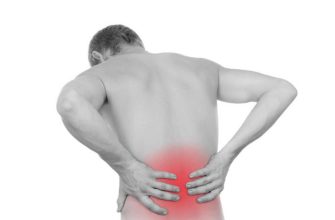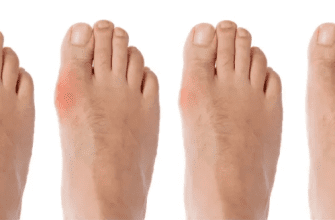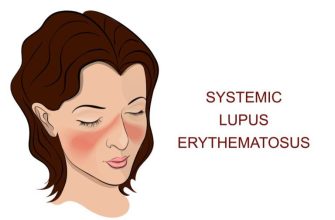What Is Kidney Failure?
Kidney failure (renal failure) occurs when the kidneys lose their ability to filter waste and excess fluids from the blood. This can lead to dangerous toxin buildup and requires immediate medical intervention.
Key Facts (National Kidney Foundation – NKF):
✔ Affects 37 million Americans (1 in 7 adults).
✔ 9 out of 10 with kidney disease don’t know they have it.
✔ Two treatment options: Dialysis or kidney transplant.
Types of Kidney Failure (Mayo Clinic & NKF)
- Acute Kidney Injury (AKI)
- Sudden failure (hours/days) from dehydration, infection, or toxins.
- Often reversible with prompt treatment.
- Chronic Kidney Disease (CKD)
- Gradual loss of function (months/years).
- Caused by diabetes (40% of cases) or hypertension (25%).
- End-Stage Renal Disease (ESRD)
- Permanent failure requiring dialysis/transplant.
Symptoms (American Kidney Fund)
✔ Fatigue & weakness (toxin buildup).
✔ Swelling (legs, ankles, face from fluid retention).
✔ Shortness of breath (fluid in lungs).
✔ Nausea/vomiting (waste accumulation).
✔ Foamy or bloody urine.
✔ Confusion (severe electrolyte imbalance).
Early CKD often has NO symptoms—regular screening is critical.
Diagnosis (NKF)
- Blood Tests (eGFR measures filtration rate).
- Urine Tests (checks for protein/blood).
- Imaging (ultrasound/CT for structural issues).
- Biopsy (rare, checks kidney tissue damage).
Stages of CKD (G1-G5, G5 = kidney failure).
Treatment (FDA & NKF)
- Dialysis
- Hemodialysis (machine filters blood, 3x/week).
- Peritoneal Dialysis (home fluid exchange).
- Kidney Transplant
- Best long-term solution (lifelong immunosuppressants required).
- Medications
- Blood pressure control (ACE inhibitors).
- Erythropoietin (for anemia).
- Diet/Lifestyle Changes
- Low-sodium, low-protein diet.
- Fluid restriction (for advanced cases).
Prevention (CDC & NKF)
- Control blood pressure & diabetes (top 2 causes).
- Stay hydrated (avoid dehydration-induced AKI).
- Limit NSAIDs (ibuprofen can damage kidneys).
- Quit smoking (reduces kidney blood flow).
- Get annual checkups if high-risk (over 60, family history).
Warning Signs: When to See a Doctor (Mayo Clinic)
Emergency Red Flags:
- No urine output (or very dark urine).
- Severe swelling/shortness of breath.
- Confusion/seizures (electrolyte imbalance).
Schedule a Nephrologist Visit If:
- High blood pressure is uncontrolled.
- Diabetes + protein in urine.
- Family history of kidney disease.
